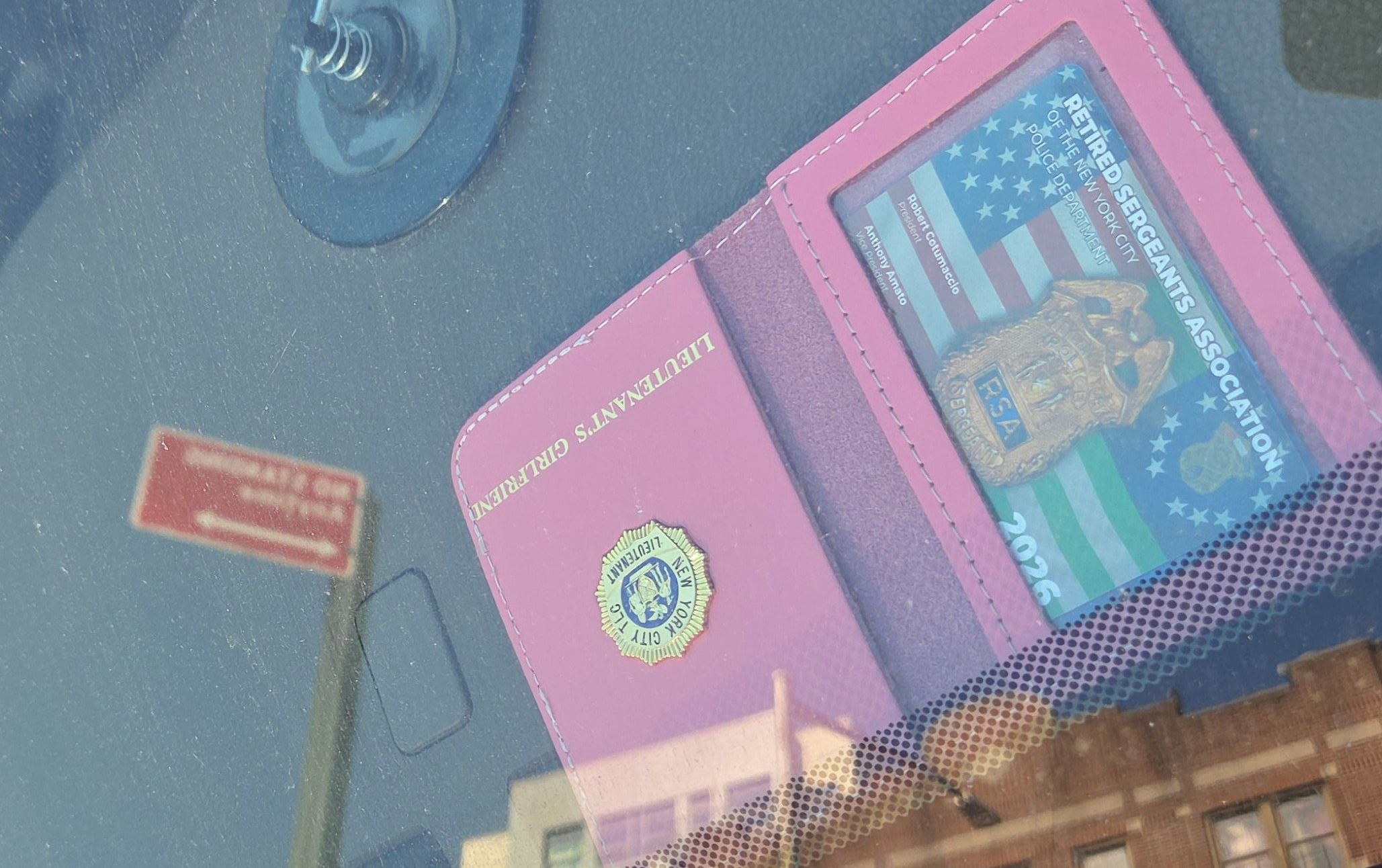Fifteen people were killed last week when a tour bus returning from the Mohegan Sun casino in Uncasville, Connecticut crashed on a highway in the Bronx, on the way back to Chinatown in Manhattan. That got the local press writing about tour bus safety, and it also got Cap'n Transit's gears turning about a common way we've dealt with vice -- pushing it far from our cities.
As he points out, relegating activities like gambling to designated "sin cities" and Indian reservations creates a whole new set of problems without really addressing the underlying concerns:
The thought I had about the gambling bus crash is that it indicates multiple major failures of transportation and land use policy. There is clearly a high demand for late night gambling, and the system is set up to satisfy it in a grossly inefficient way, with eight-hour bus trips to casinos in the woods of rural Connecticut.
A lot of this comes from the longstanding practice of "solving" problems of vice (which also include undesirable sexual and drug-related activities) by pushing them outside the city, instead of figuring out how to regulate them effectively. With subsidized roads it became possible to push casinos outside the metro area completely, as with Las Vegas and Atlantic City.
The fact that the law required these casinos to be located on a reservation in Eastern Connecticut (but convenient to Interstate 95) means that people who want to gamble in the middle of the night will have to spend a lot of time on the road.
In conclusion, the Cap'n argues that a better solution might be to locate a casino in Lower Manhattan, convenient by both foot and subway, even though there's already a similar operation on Wall Street.
Elsewhere on the Network today: The Chicago Bicycle Advocate reports that cycling activists are pushing the state of Illinois to formally monitor dooring crashes. M-Bike.org outlines a plan developed by college students to make Southwest Detroit energy self-sufficient using transit and other sustainable practices. And Grist asks whether the mayorship of Rahm Emanuel will help foster better cooperation between cities and the federal government.






